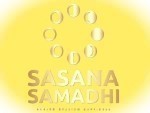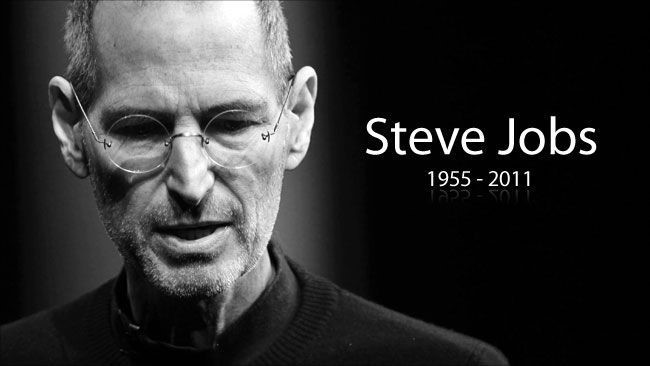Steven Paul Jobs.
During his student days, he was devoted to religions such as the Creator God, Judaism, Christianity, Islam, animism, the Sun God, philosophy, Zen meditation, and foodizm.
He wandered as far as India in search of a teacher.
He ended up in Zen. He studied Zen under a Soto Zen monks in San Francisco and practiced meditation.
He had a deep knowledge of electronic circuits from an early age, and was such a genius engineer that when he was in junior high school, he called Hewlett-Packard directly to get some frequency counter parts.
Not everyone can have Jobs’s inspiration, development skills, and creativity. It is wisdom that is born from a little bit of natural talent and an enormous amount of effort and study.
This wisdom is “paññā1” which appears frequently in the teachings of the Buddha.
“paññā” is different in nature from wisdom based on general recognition.
General wisdom deals with new challenges and encounter crises with the backbone of the accumulated memory data of one’s past experiences. It can be said to be a predictive system based on such statistics.
However, “paññā” is thinking, recognition, or enlightenment that operates in a realm that transcends past experiences and memory data. It does not involve an individual’s active effort of thinking, and it cannot be forced.
For example, musicians and artists make comments such as “It fell from the sky” or “I suddenly had an idea while in the toilet.” That is the moment when “paññā” reveals the path.
You probably think like this.
“If inspiration is that easy, maybe I can get “paññā” if I put in the effort.”
As I said before,
“Not everyone can have Jobs’ inspiration, development skills, or creativity. It is wisdom that is born from a little bit of natural talent and an enormous amount of effort and study.”
We must understand this.
This effort and study means continuing to work hard from the time you wake up in the morning until you go to bed, which means spending a huge amount of time, such as 10 or 20 years, and more.
That’s why Jobs said this.
"I reached the pinnacle of success in the business world. In others’ eyes my life is an epitome of success. However, aside from work, I have little joy. In the end, wealth is only a fact of life that I am accustomed to."
I suspect that Jobs spent more time meditating than spending time with his family in his daily life. Now I can be easy to guess that the only time his brain could get away from work was when he was in the “Samatha2” he gained through the “Zen” or “Meditation” he practiced, not when he was with his family, in the bathroom, or even while sleeping.
That’s the next sentence.
"Whether the house we live in is 300 or 3000 sq ft - loneliness is the same. You will realize, your true inner happiness does not come from the material things of this world."
October 5, 2011, is the anniversary of Steven Paul Jobs’ death at age 56.
In 2011 also, the Great East Japan Earthquake occurred in Japan, and a huge tsunami destroyed cities and villages along the Pacific coast of the Tohoku region, leaving many dead and missing.
The world was shaken twice that year.
Blessings to him in the next life.
- It may be a good idea to refer to the “Book of Wisdom” of the Old Testament Apocrypha. However, the nuances are different from those in the case of meditation. ↩︎
- “Samatha” is the stillness of the mind which results when one concentrates on a single object in meditation, by becoming one with the ego-mind and that object, thereby controlling all other thoughts and feelings. ↩︎

